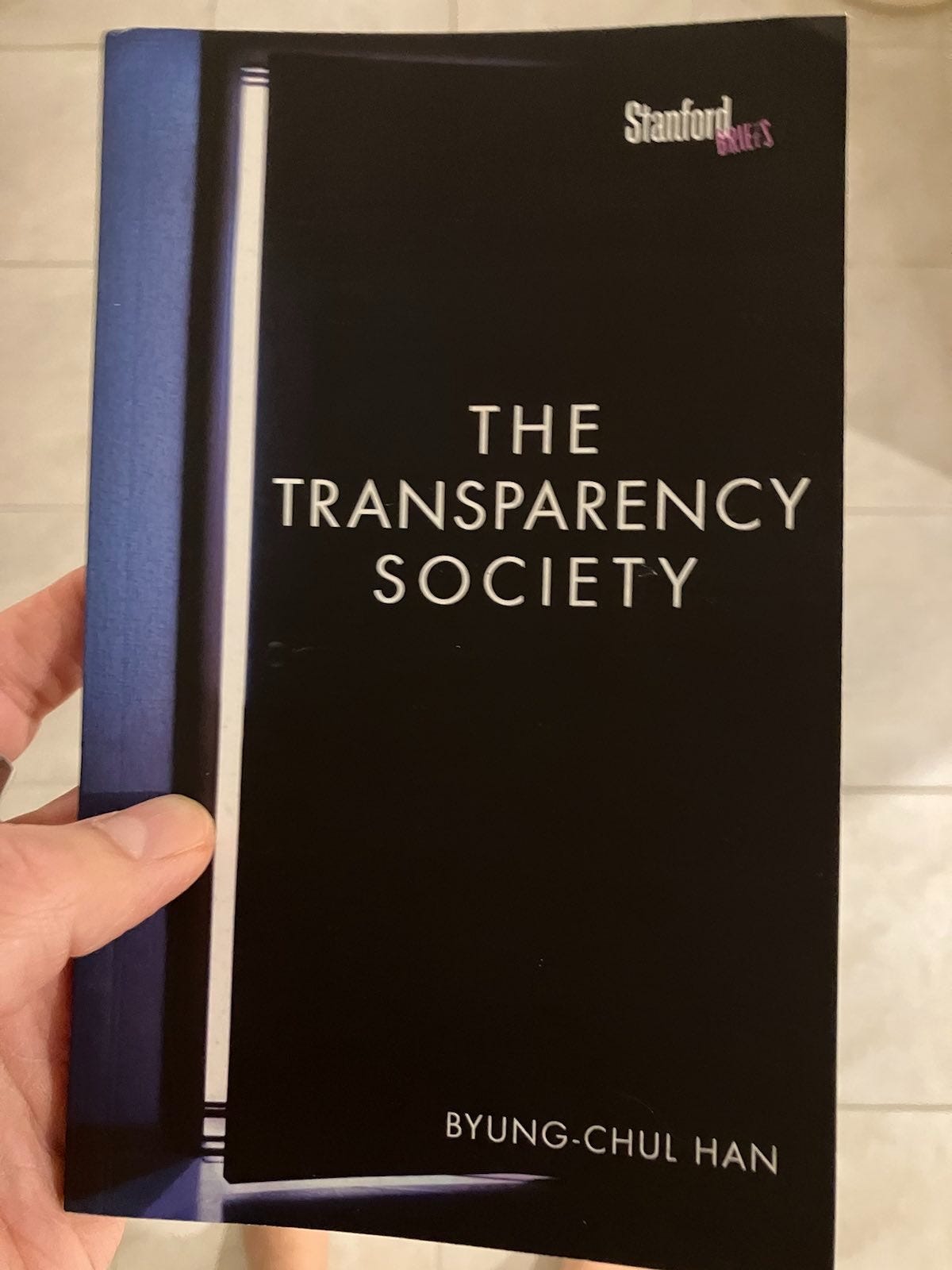I will be a keynote speaker this Friday at a soirée on the merits of engaging in "public philosophy." I've started contemplating my stance on the subject upon receiving this invitation. Firstly, what is public philosophy? Philosopher Jack Russell Weinstein, director of The Institute for Philosophy in Public Life, defines public philosophy as "engaging in philosophical discourse with the general public outside of academic environments."
This philosophical discourse can appear in "pop" philosophy, such as novels like Sophie's World or organizations like Alain de Botton's The School of Life. However, public philosophy, particularly within academic circles, is mainly promoted as a means to foster critical thinking, enhance public discourse, and address pressing political matters relevant to civic engagement.
Weinstein's first rule of public philosophy: "Let them see you think." This premise suggests that employing philosophical inquiry in addressing public issues will positively impact the common good. There is truth with this claim, but I also believe there to be valid grounds for skepticism, as philosopher Agnes Callard highlights in her series on public philosophy in The Point. She observes that while there may be a diversity of perspectives regarding abstract philosophical matters amongst philosophers, there appears to be a uniformity of thought regarding other affairs.
It is sometimes argued that philosophers are poised to contribute to the hygiene of public discourse: we could use our critical-thinking skills to shine the light of reason into the darkness of partisan political bickering. My experience of conferences and faculty meetings is that philosophers can talk about politics as people in general talk about the weather: with the comfort of assured agreement.
Overall, I am skeptical of the public good of public philosophy if "doing philosophy" means engaging with a watered-down academic theoretical philosophy. I also see something missing from these public philosophy dialogues, which needs to be considered before taking one's philosophy public: private philosophy.
I see both public and private philosophy have at least two dimensions:
A space to engage in philosophizing publicly or privately,
One's philosophy is having more or less publicity or privacy,
Regarding the first dimension, champions of public philosophy encourage spaces, such as public forums and salons, to philosophize together. As someone who stewarded The Stoa, an open-to-all philosophical event space, I believe in the importance of having good spaces with good stewards midwifing good philosophy. However, individuals should have private spaces for philosophical inquiry, where the content of their philosophical musings need not be formalized into school essays, subjected to peer review in academic journals, or articulated aloud on podcasts.
Spaces are needed to philosophize for oneself and with oneself, which are absent from pressure to share one's positions with others. This premise is connected to the second dimension, which relates to communal, unexamined expectations, such as the pressure to reveal all of one's philosophical positions. This expectation of publicizing one's philosophy should not be regarded as an unquestioned good. I'm increasingly inclined to think that privately held philosophies have a more significant impact on shaping the world than those expressed publicly.
If someone exclusively engages in philosophical inquiry that consistently meets the eyes and ears of others, it is wise to doubt that genuine philosophy is taking place. One should never underestimate the unconscious power of social pressure. Groupthink exerts a powerful gravitational force on individuals' thoughts. No matter how high one's IQ may be, how much knowledge they have amassed, what credentials they earned from prestigious universities, or how intellectually inclined they are, the violence of consensus overrides all.
Without such social pressure, often concealed from conscious awareness, people's positions may radically differ from those they hold now. In truth, most individuals are not examined about their deepest concerns, and society demands people to remain unexamined for a societal "business as usual" to continue. The primal fear of being ejected from the tribe keeps most people's thoughts from philosophizing too far from consensus reality.
It takes courage to confront these fears, and private philosophy is the "safe space" to do so. The benefit of going private is gaining the confidence that the pressures of groupthink will not unduly guide one's philosophy. While private philosophy should be prioritized, adopting a maximalist stance in either direction is foolish. One should philosophize publicly and publicize aspects of their philosophy when it matters. However, it takes prudence to know when it matters. Prudence is forged in the domain of private philosophy.
Without a substantial practice of private philosophy, I doubt those engaging in public philosophy possess autonomy over their thoughts.
If you are in the Toronto area, feel free to join me this Friday at 7:30 PM for a soirée on public philosophy hosted by the Being and Becoming group. Tickets can be purchased here.
I am also thinking about suggesting books that relate to my entries more regularly. As for today's entry, a valuable read would be The Transparency Society by Byung-Chul Han.
In the book Han argues that an impulsive and excessive drive for transparency is spurred by social media and surveillance technology, leading to a loss of privacy and fresh philosophizing. I believe this book presents a compelling argument in favor of the necessity for private philosophy.
Finally, you may be pondering how to initiate your journey into private philosophy. Two suggestions: Firstly, a non-recorded philosophical inquiry with a philosophical counsellor or a friend of virtue is one option. I have been engaging in philosophical inquiries in my practice for three years now, privately sensing into what matters most with my interlocutors. You can schedule me in below and read more about my practice here or here.
Secondly, philosophical journaling is an essential practice for private philosophy. I have been journaling for over 20 years now, and most of my entries were private, with many deleted after writing them. Establishing a consistent space for private philosophical contemplation is essential for nurturing the autonomy of one's thoughts. I've designed an approach that allows you to achieve this in a group setting through Collective Journaling, which keeps the elements of privacy coupled with the communal vibe of being in the presence of others. You can read more about the practice below and RSVP behind the paywall.
What is Collective Journalling? This communal practice happens via Zoom and is 90 mins, with check-ins in the chat at the beginning and an opportunity to connect with fellow journalers in breakout rooms at the end. You do not have to stay the whole time. If you are in an antisocial mood, you do not have to interact with anyone, yet you can still enjoy the coffee shop-esque communal vibe. The session concludes with an optional sharing of a passage in the chat. Most of the time is spent in silence together, individually inquiring about what matters most. A lovely group of people has formed around this practice. The practice occurs on weekdays @ 8 AM ET. RSVP link is behind the paywall.
Keep reading with a 7-day free trial
Subscribe to Less Foolish to keep reading this post and get 7 days of free access to the full post archives.





